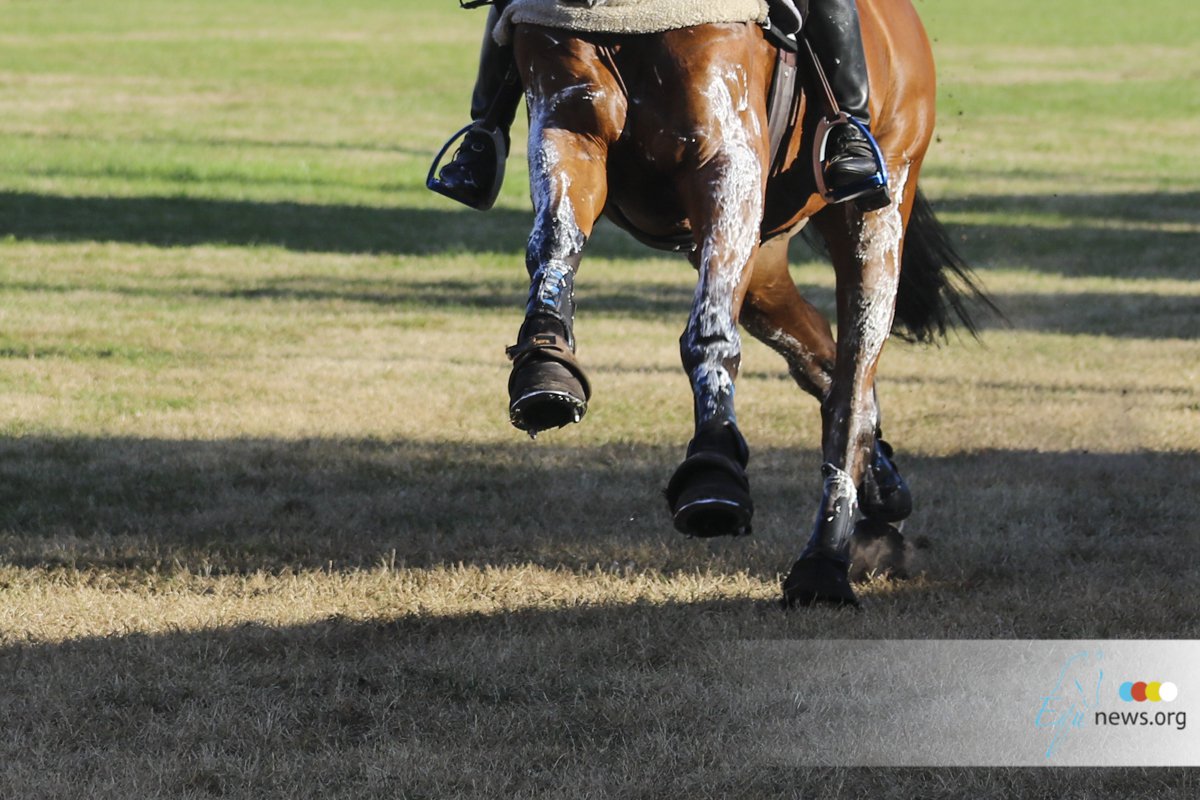Horses and riders who repeatedly run into cross-country difficulties will be forced to drop down a level before they compete again.
The new rule is part of British Eventing’s (BE) 2019 regulations, in which safety and welfare are brought to the fore.
This rule was first raised publicly at BE’s AGM in November (news, 8 November) and the organisation has now shared details of how exactly it will work.
At affiliated events this year, horses who have two consecutive cross-country eliminations — as a result of refusals, run-outs, or horse or rider falls — or who have three eliminations within a rolling 12-month period must drop down a level at their next event.
Once they have completed a run that fulfills the minimum eligibility requirements (MER) at that lower level, they can move up again.
If eliminations happened at different levels, the MER must be achieved at the level below the highest level they were eliminated at — for example, if the eliminations happened at BE90 and BE100, the MER would need to be achieved at BE90 before entering another BE100.
If a rider’s horse(s) has three eliminations in 12 months or two consecutively as above twice in 12 months, they will be referred to BE under the “rider referrals” rule (3.8.4). This involves BE speaking to the rider and discussing whether coaching or assessments with an accredited coach might help them.
 The organisation is also tightening up on sanctions for fallers who go home without first visiting the medical officer — this will now be punishable by a medical suspension. The rules also now state that the horse ambulance must remain on site until at least 30 minutes after the last horse has completed.
Click here to see the 2019 rule book
The organisation is also tightening up on sanctions for fallers who go home without first visiting the medical officer — this will now be punishable by a medical suspension. The rules also now state that the horse ambulance must remain on site until at least 30 minutes after the last horse has completed.
Click here to see the 2019 rule book
New eventing rule force horses with repeat cross-country eliminations to step down a level
-
categories: Eventing



